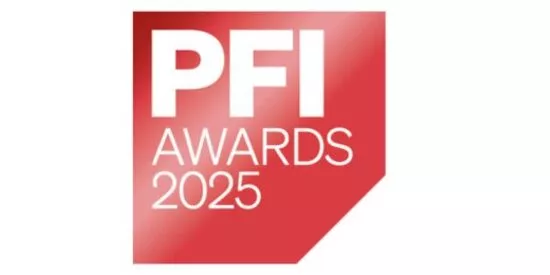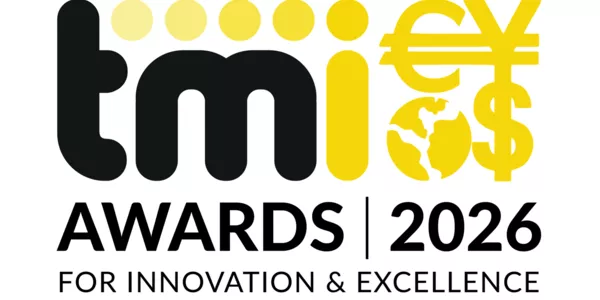
PPP: Public Private Partnership
What is a Public Private Partnership?
A public private partnership, or PPP, refers to the design, construction, operation and financing by the private sector of projects or facilities for public use, such as hospitals, port facilities, water treatment plants, schools, etc. The public entity using PPP can be a national government, a local authority or a public institution. PPP makes it possible for public entities with limited borrowing capacity to expand their access to capital.
The operator of a PPP is remunerated by a rent paid by the public entity over a period defined by the contract. PPP financing can be in the form of equity, bank debt or bond issues. The public may also provide guarantees or subsidies in order to limit the amounts or risks.
What are the advantages for the client?
There are several advantages for the client:
- known-cost with the possibility of transferring some risks to the private sector;
- benefit from the expertise of third parties in the private sector;
- opportunity to benefit from operational gains;
- guarantee on completion times.
The first PPPs were launched in the United Kingdom in 1992 (Project Finance Initiative).
Watch also the video “What is a PPP?”
Our latest news and insights

Societe Generale has demonstrated its leadership in project and infrastructure finance, earning several recognitions...

Structured products are resurging as higher interest rates and better digital tools make capital‑protected and clearly...

As part of the 2026 TMI Awards for Innovation & Excellence, Societe Generale is proud to have won the Technology &...